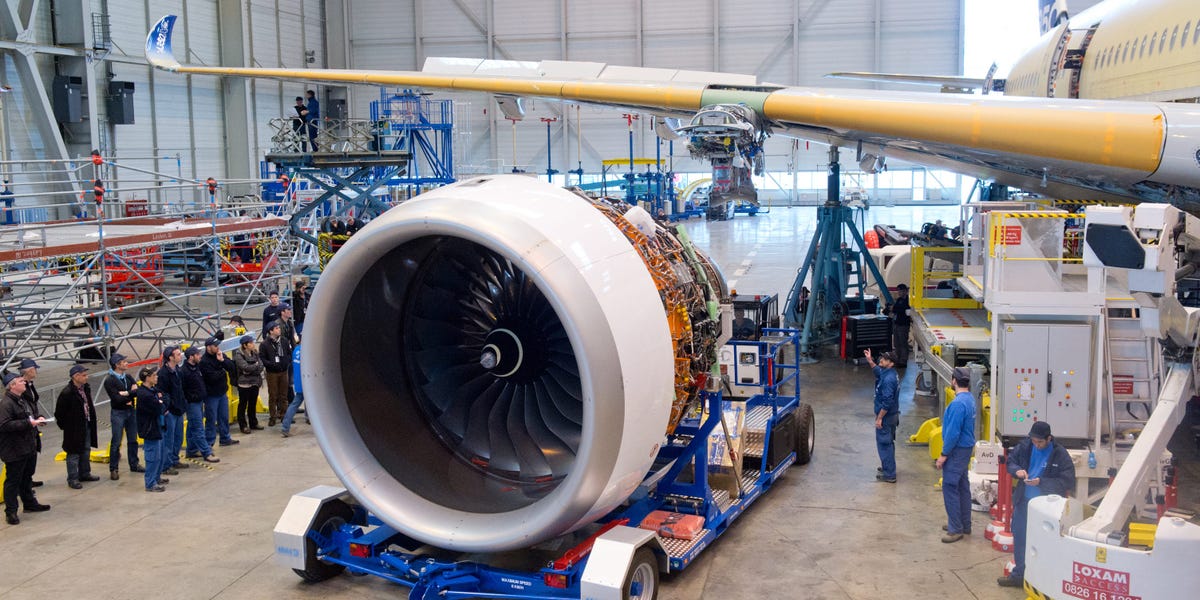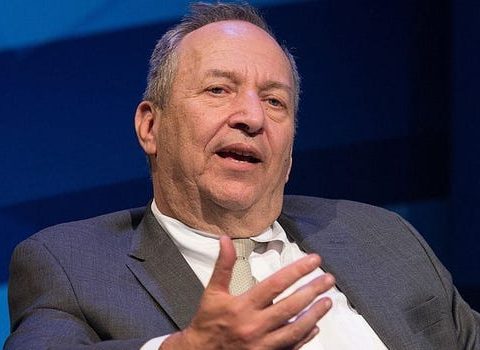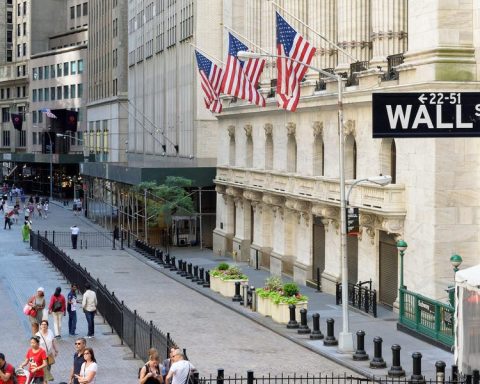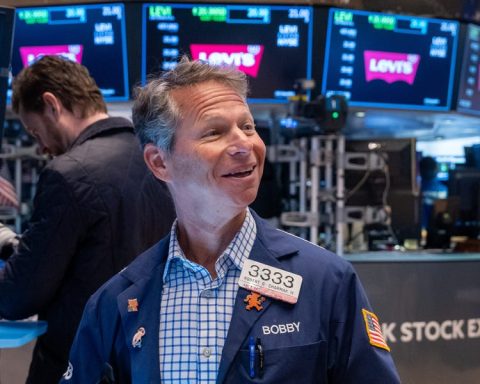Rolls-Royce shares experienced a notable increase following impressive fourth-quarter results and an optimistic outlook. Revenue rose by 16% to £17.8 billion, exceeding analyst predictions of £17.3 billion. In a bid to boost investor confidence, Rolls-Royce announced a £1 billion share buyback.
On Thursday, Rolls-Royce’s stock surged as it achieved profit targets two years ahead of schedule in its annual results. The revenue climbed nearly 16% to £17.8 billion ($22.6 billion) for 2024, surpassing the anticipated £17.3 billion. The British firm, known for manufacturing engines for both commercial and military aircraft, reported a striking 57% increase in operating profit to £2.5 billion last year.
In morning trading in London, shares increased by almost 20%, reaching a record high and valuing the company at £64 billion. Over the past year, the stock has soared by 110%. Besides aircraft engines, Rolls-Royce also specializes in ship propulsion and power-generation systems, and it plans to commence a £1 billion share buyback.
Having faced challenges in recent years, Rolls-Royce has undergone a significant turnaround since 2023. Its market share for engines installed on widebody commercial aircraft grew from 32% at the end of 2022 to 36% by the end of last year, capturing over half the market for new engine deliveries in the past two years. Richard Hunter, head of markets at Interactive Investor, noted that all three divisions of the company are “making significant strides,” and this resulted in “a headline set of numbers that should keep investors’ interest on high alert.”
Last month, Rolls-Royce highlighted its largest contract with the UK Ministry of Defence to date—an eight-year Unity contract valued at £9 billion, covering all aspects of the design, manufacture, and support of nuclear reactors for the Royal Navy’s submarine fleet.
Following the robust performance, Rolls-Royce has revised its mid-term targets for operating profit and cash flow upward. The company now anticipates an operating profit of between £3.6 billion and £3.9 billion and free cash flow between £4.2 billion and £4.5 billion by 2028. CEO Tufan Erginbilgic stated, “All core divisions delivered significantly improved performance, despite a challenging supply chain environment.” He emphasized the company’s commitment to speed and intensity, expecting to meet the underlying operating profit and free cash flow targets set at their capital markets day two years earlier than initially planned.
Analysts at UBS have expressed confidence in the company’s forward guidance, noting that “the strength appears broad-based across the business.” Additionally, it’s worth noting that Rolls-Royce Motor Cars became a subsidiary of BMW in 1998.







